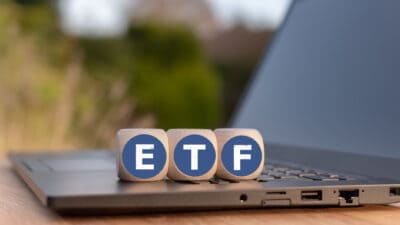The Betashares Nasdaq 100 ETF (ASX: NDQ) has performed admirably in the first few months of 2023. It has gone up by around 16%, whereas the S&P/ASX 200 Index (ASX: XJO) is almost flat for the year to date.
The movements of the unit price of the exchange-traded fund (ETF) are interesting considering everything that has been going on.
I think it's important to keep in mind that when the new year began, the share prices of technology businesses had hit a fairly low point by the end of 2022.
So, some of the fund's increase may simply have been a recovery of investor sentiment from last year's low.
And here is an interesting thought regarding the current banking problems in the US and Switzerland. The uncertainty could lead to central banks being less draconian with interest rates, therefore, reducing their impact on asset prices.
A number of tech shares within the Betashares Nasdaq 100 ETF suffered a sell-off amid the rapid surge in interest rates. But, lower-than-expected interest rates could have a positive impact on the share prices of those tech names. That may already be playing out.
Is now a good time to buy the Betashares Nasdaq 100 ETF?
Investors can invest in units of the ETF whenever they like, so there's no need to fear missing out on ever owning it.
Of course, if we could choose, we'd go for a unit price that's below $25 rather than the higher price it is today. The fund closed Thursday trading at $28.72 per unit.
But, the underlying businesses like Microsoft, Apple, Alphabet, and Amazon.com have a long-term track record of delivering business growth, which will hopefully translate into unit price growth over time as well.
The Betashares Nasdaq 100 ETF unit price is down 20% from its December 2021 peak, but it's still up by around 80% over the past five years, showing the growth of the businesses involved.
Don't forget, there is a wide array of 100 businesses within this ETF — it's not just a few of the biggest tech businesses in the world. To that end, it offers pretty good diversification.
At the end of February 2023, the ETF had a forward price/earnings (P/E) ratio of 23x. I wouldn't describe that as cheap.
A number of the biggest businesses in the ETF's portfolio have made job cuts recently, which may increase ongoing profitability, but it also shows that the management of those companies thought they were necessary moves to boost profit, save cash, or whatever else was a key factor in the decisions.
There could be a better price to come in 2023 but I think at the current level, investors can do well over the long term by investing in this portfolio of quality names.









